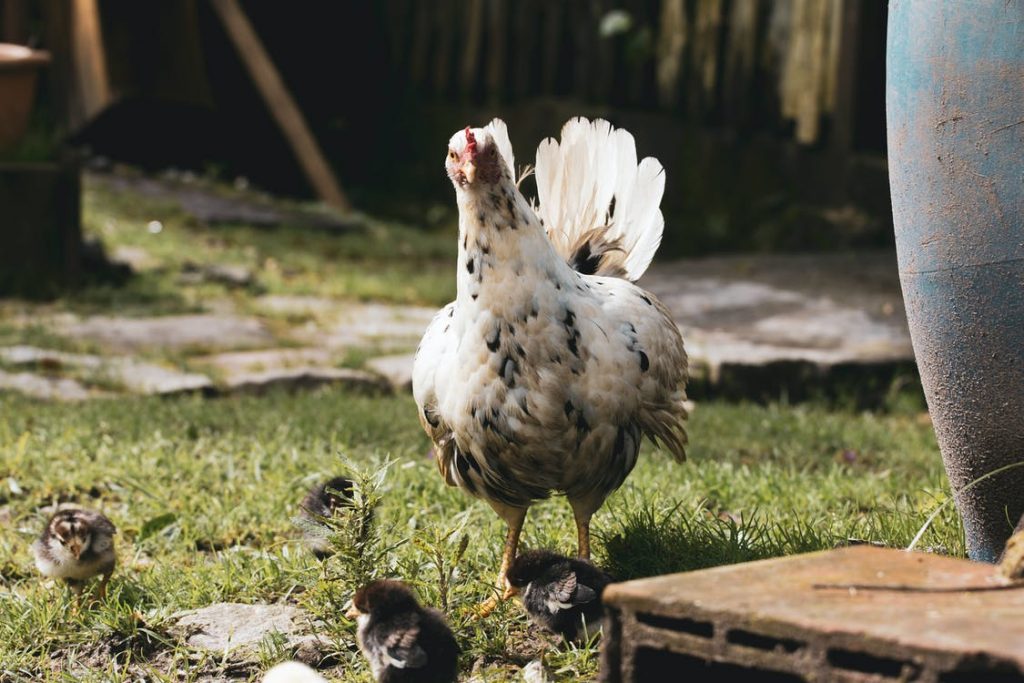We’ve had chinchillas, ferrets, hedgehogs, rabbits, birds, tarantulas, snakes, lizards, turtles, hamsters, rats, mice, guinea pigs, geckos, frogs, crabs –you name it– come through SPCHS over the years, and occasionally also wild animals and goats or other small livestock ‘pets.’ Our mission includes pets of all kinds, although we doubt this change in ordinance will mean an increase in homeless exotic animals locally. When animals come to us that are not legally considered pets, or which we think would be better served by assistance specific to their species or breed, we call on other rescue professionals for help.
The legal line between pet and livestock is a tough one; we’re in the pet business, not the livestock business. That means there’s not much we can do when it comes to horses, pigs, goats, chickens and other animals classified as livestock, even when they’re also pets, because the laws are different. Even so, if we can’t jump in ourselves to help directly, we absolutely WILL help you get heard with the proper authorities and/or rescue group when needs arise. Check out our pages on abuse and neglect complaints for more information.
Several people have inquired about SPCHS’ position on exotic pet ownership. We’ve not yet made a formal statement when it comes to circuses, exotic or wild animals. Staff and Board have discussed the pros and cons of wild and exotic animals in human care, and we are generally not in favor for a variety of reasons. Until we take a position formally, we’ll suffice to leave you with some food for thought:

“ILWACO — Don’t get your feathers ruffled if hens don’t tickle your fancy, the city of Ilwaco approved an ordinance amendment last week that allows residents to keep a variety of species as pets so long as they have proper permitting from city hall.
The amendment became a project for the city council in October after Ilwaco residents Glenn and Hillary Trusty requested permission to keep a bobcat as a house pet.
The ordinance defines a “wild or exotic animal” as non-domesticated species of felines and canines; bears, nonhuman primates and prosimians; the order crocodilia (such as alligators and crocodiles); and snake species that are “capable of inflicting serious physical harm or death to human beings.”
Residents will now be able to apply for a non-transferable permit to keep such a pet as long as the city is provided with sufficient evidence that the animal would have a secure enclosure; that the premises are posted with signage that warns of the animal; proof of proper insurance ($50,000 or more); a $75 permit fee; and copies of all federal and state required documentation.
A private citizen caught possessing or maintaining a wild or exotic animal without a permit could be fined $250 per day of violation, and, depending on the circumstances, could be forced to euthanize the animal.
The decision follows the council’s September approval of an amended livestock ordinance, which allows citizens to apply for a permit to keep up to six chickens for non-commercial use inside the city limits.”
